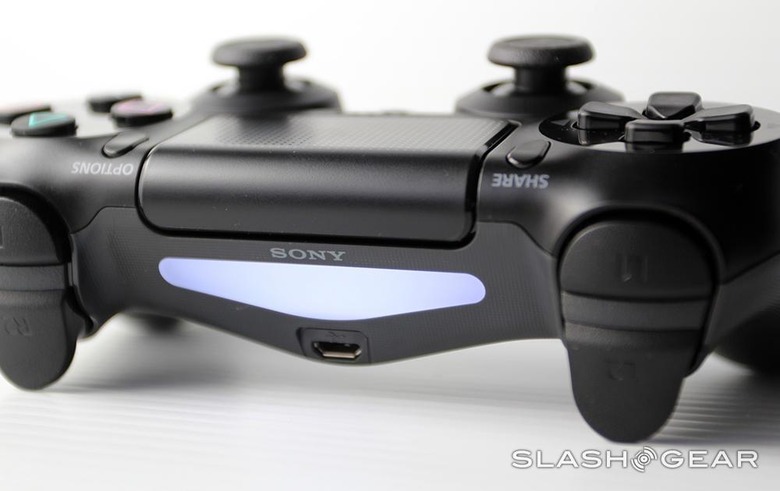Gaming addiction may be the WHO's next official disorder
Gaming addiction could be an official disease, with the World Health Organization mulling adding an uncontrollable need to play video games to its official International Classification of Diseases. "Gaming disorder" has been added to the latest draft of the new ICD, the reference document which healthcare professionals use to diagnose diseases in individuals and groups.
According to the suggested addition, gaming disorder would be characterized by factors like giving increasing priority to playing games over other activities and life interests, leading to impairment in personal, family, work, or other areas of life. Even with those impairments, the disorder description suggests, the player would continue with their gaming obsession. At least twelve months such negative consequences would be required, typically, for a diagnosis to be made.
The risks of gaming, particularly to children, have been well discussed over the past decades. Experts have been divided as to whether an affinity for playing games can be considered pathological or indeed dangerous, with medical opinion varying. Recommendations for how much time young people should spend on consoles and PC games varies considerably.

That hasn't stopped some countries from weighing in with rules of their own. Back in 2011, Vietnam set a strict online gaming curfew, forcing ISPs to block such activities between the hours of 10pm and 8am. In 2014, the government of South Korea mulled a Game Addiction Law that would treat gaming like any other addictive substance.
In the US, the American Psychiatric Association is yet to officially put gaming disorder into the DSM, its manual for diagnostic assessment of diseases. However, it is consider classified as a "condition for further study" in the most recent version, DSM-5, which was released in 2013. Based on those studies, it may well graduate to a formal disorder.
According to the WHO, there's a fairly clear difference between someone who enjoys gaming as a hobby, and someone who might legitimately qualify as addicted. The draft language suggests a person effectively unable to control the time they spend playing, even as it takes away from their ability to interact with others successfully, hold down a job, or continue studies.
"Gaming disorder is characterized by a pattern of persistent or recurrent gaming behaviour ('digital gaming' or 'video-gaming'), which may be online (i.e., over the internet) or offline, manifested by: 1) impaired control over gaming (e.g., onset, frequency, intensity, duration, termination, context); 2) increasing priority given to gaming to the extent that gaming takes precedence over other life interests and daily activities; and 3) continuation or escalation of gaming despite the occurrence of negative consequences. The behaviour pattern is of sufficient severity to result in significant impairment in personal, family, social, educational, occupational or other important areas of functioning. The pattern of gaming behaviour may be continuous or episodic and recurrent. The gaming behaviour and other features are normally evident over a period of at least 12 months in order for a diagnosis to be assigned, although the required duration may be shortened if all diagnostic requirements are met and symptoms are severe." WHO ICD-11 beta draft
For more extreme cases, that could be easy to identify. However, those in the grey area between innocent hobby and onset addiction could be tougher to spot. The fact that many games are solitary – or involve online play rather than with another person in physical proximity – might also make it more difficult to identify when a problem is building.
It's worth noting that the ICD-11 is still in beta draft stage. The World Health Organization still needs to finalize and ratify it, and that will come after plenty of discussion with experts as they decide what is and what isn't a legitimate disease. That's expected to take place in 2018.
MORE ICD-11 beta draft
